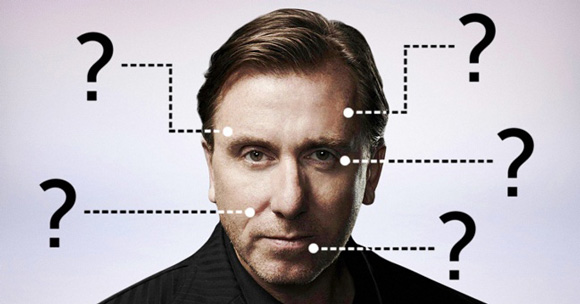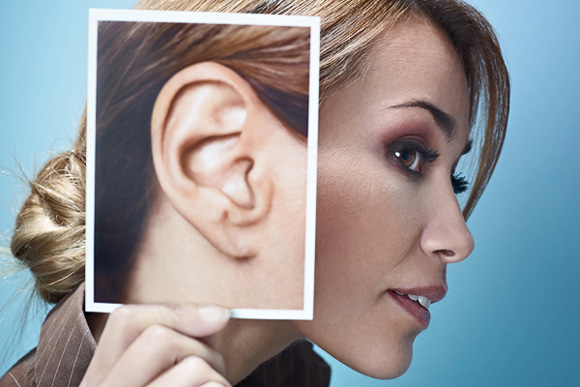Hello dear readers! As a child, my friend dreamed of being able to read people's minds. Is this just a child's dream? Today I propose to talk about how to understand what a person thinks about you. After all, with a little effort, you can really understand people and their attitude towards you.
Read between the lines
It would be much easier if people did not hide their emotions towards each other. But there is hardly a person who will openly say that he hates you or is wildly in love. Of course, there are direct and honest people who do not hide their attitude towards other people, but this is a rarity in today's world.
Today, everyone is afraid to open their feelings and emotions, to bare and bare their soul. When you like a person, you are afraid to confess, afraid of rejection, shame, being rejected. And you can’t express your dislike to a superior in office, because this can lead to serious problems at work. That's why people hide their thoughts.
But how do you know the truth? It's simple - you need to learn to read between the lines. Of course, it is very important that a person speaks directly. His words, phrases. But it is much more important to learn to see the hidden subtext - intonation, posture and gestures, facial expressions, emotional coloring of the message, and so on.
Do you know people who? It is about them that my article "" tells. After reading it, you will understand what you are missing in order to anticipate their actions and recognize true intentions.
In order to understand people, you need to be extremely attentive and patient. Nothing happens quickly. You need to watch a person, track fleeting changes, notice details. Only then can you hit him in the head. Let's start with gestures and facial expressions.
Language of the body

The human body is full of signals that you just need to learn to notice. Even when you are at a distance, you can always notice a look or hand gesture, which, or, conversely, annoyance. One has only to feel it, and you can easily learn to recognize the true feelings of a person.
For example, the interlocutor began to avoid meeting your eyes. His eyes are increasingly fixed on the floor, while the man is crumpled from foot to foot, hands in pockets, slightly hunched over and muttering something quietly under his breath. With a high probability, we can say that he is not comfortable, that he does not say something, is afraid of you, and maybe hides information.
Or a girl playfully looks at you, tugging at a lock of her hair, the corners of her lips are smiling, and her legs are pointing in your direction. Such a young lady clearly shows interest in you and you will not lose if.
Have you noticed such a smile that is made only with lips? The eyes remain practically motionless and do not express any emotion. Such a cold smile speaks of pretense. The man did not want to smile at you, but due to circumstances he had to.
At the moment of communication

But during the dialogue, not only postures, gestures and facial expressions are important. Your ability to hear the interlocutor is important. How often does it happen that a person tells us one thing, and we hear something completely different? Why is this happening?
Most likely, because you have chosen the tactics of selective or passive listening. When you selectively hear information and focus only on what is important for you, and not for the speaker.
Many make this mistake. Even in conversation with a loved one. Instead of putting aside everything superfluous, openly and attentively listening to a person, we continue to do our job and try to understand what the interlocutor is talking about. If you choose another option for interaction, there would be much more understanding.
My article "" will help you understand selective, passive or active listening. In it, I talk in detail about the problems that arise at the moment of dialogue and tell you how to learn to hear your interlocutor correctly.
Of course, you don't have to be an active listener all the time. But when you are talking to someone important to you, this skill will be one hundred percent useful for you. After all, it is important to learn not only to hear words, but also to distinguish between emotional coloring, to clearly see a person’s point of view, intonation and tone.
I'm sure you'll be a good listener. It just takes a little effort. Don't criticize or challenge the person's opinion right away. Try to take his place. Consider how he feels. And if you can’t decide for yourself, then ask him directly. There is nothing wrong with this. Honesty and openness attract attention.
What in a person's behavior can tell you about his feelings about you? What signals do you send to a nice person? How do you act when you are angry? Are you easily pissed off?
Be patient and keep an eye on people. All their thoughts lie right in front of your eyes, it remains only to learn how to read them.
Best wishes to you!










